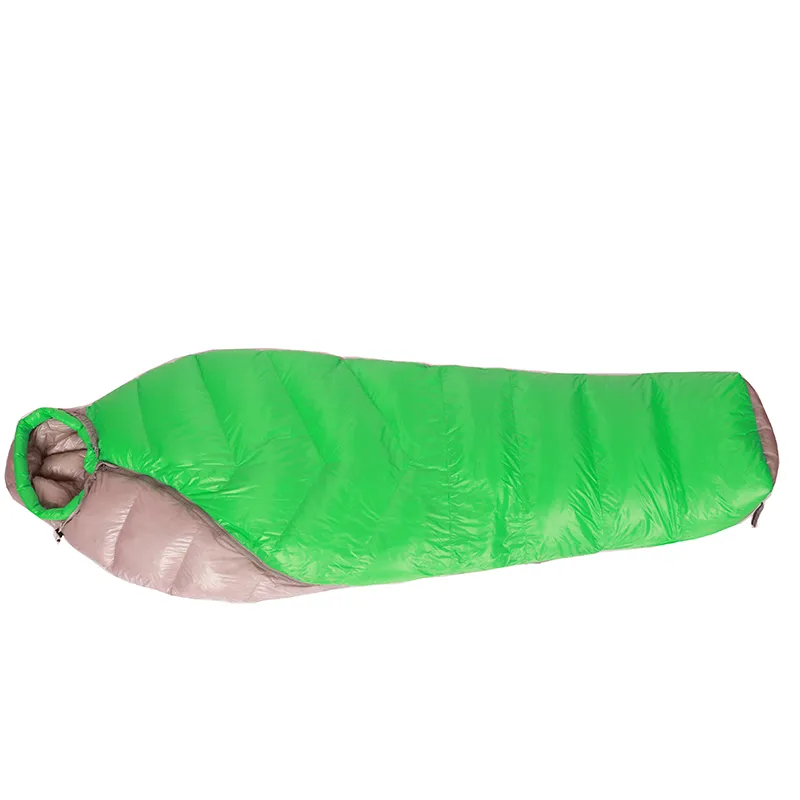
Aug . 16, 2024 11:04 Back to list
How to Choose Sleeping Bag Liners
How to Choose Sleeping Bag Liners
If you are a backpacker or a hostel traveler, you may have heard others talk about the joys of sleeping bag liners. These handy items come in 2 main types:
- Mummy shaped liners designed to slip inside your sleeping bag.
- Rectangular liners (also known as travel sheets) designed for use on their own or inside a rectangular sleeping bag.
This article gives you the basics of how to shop for one.
Why Use One?
For backpackers, a mummy-shaped bag liner helps keep your sleeping bag free of dirt and body oils. Clean is good, since a clean bag doesn't require laundering and will last much longer. (It's much easier to launder a liner than a sleeping bag.) A bag liner also provides anywhere from 5° to 15°F of extra warmth to your sleeping bag, depending on the liner material. In hot climates, you can use a bag liner or travel sheet by itself and forgo the sleeping bag.
For travelers, a rectangular bag liner or travel sheet keeps you separated from bedding of questionable cleanliness or with possible bedbug infestations. It is recommended—and often even a requirement—in many hostels, and it's popular with budget hotel travelers, too.
Compact Mummy Thermal Duck Down Sleeping Bag
Types of Bag Liners
Choose by the type of material used:
- Silk: Very lightweight (about 5 oz.) and compact. Silk helps insulate in cold weather but is absorbent and breathable in warm weather. Price: moderate to expensive.
- Cotton: Strong, durable and absorbent, but not the lightest or most compact. Price: economical.
- Fleece and microfleece: Warmer (adds up to 12°F) and heavier. Fleece is soft, moisture-wicking and quick-drying, but the mid- and heavyweight varieties are bulky. Price: moderate.
- Synthetics (e.g., CoolMax®): Moisture-wicking and breathable, which makes these ideal for humid conditions. They offer some stretch, too, which is nice for restless sleepers. Price: moderate.
- Insulated (e.g., Thermolite®): This adds up to a claimed 25°F of warmth, so you can greatly extend the range of a lightweight bag. It uses hollow-core fiber insulation which helps it dry 50% faster than cotton. Price: moderate to expensive.
-
Picnic Blanket Backpack – Durable Quilted Mat, Ideal for Outdoor Activities, Direct from Factory
NewsJul.08,2025
-
Picnic Blanket Fleece – Extra Large, Soft & Durable Outdoor Blanket from Leading Factory Suppliers
NewsJul.08,2025
-
Premium Outdoor Sleeping Bag for Baby – Wholesale Suppliers, Factories & Manufacturers
NewsJul.08,2025
-
Sleeping Bag Camping Wholesale – China Outdoor Camping Sleeping Bag Manufacturer & Supplier
NewsJul.07,2025
-
Best Outdoor Camping Tents for Sale China Wholesale Supplier & Manufacturer
NewsJul.07,2025
-
Waterproof Picnic Mat - Sand Free Beach Mat Blanket Factory & Supplier Direct Price
NewsJul.06,2025

